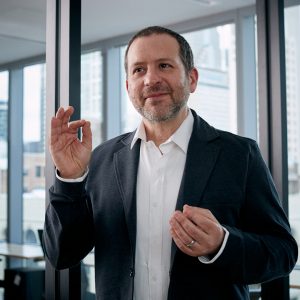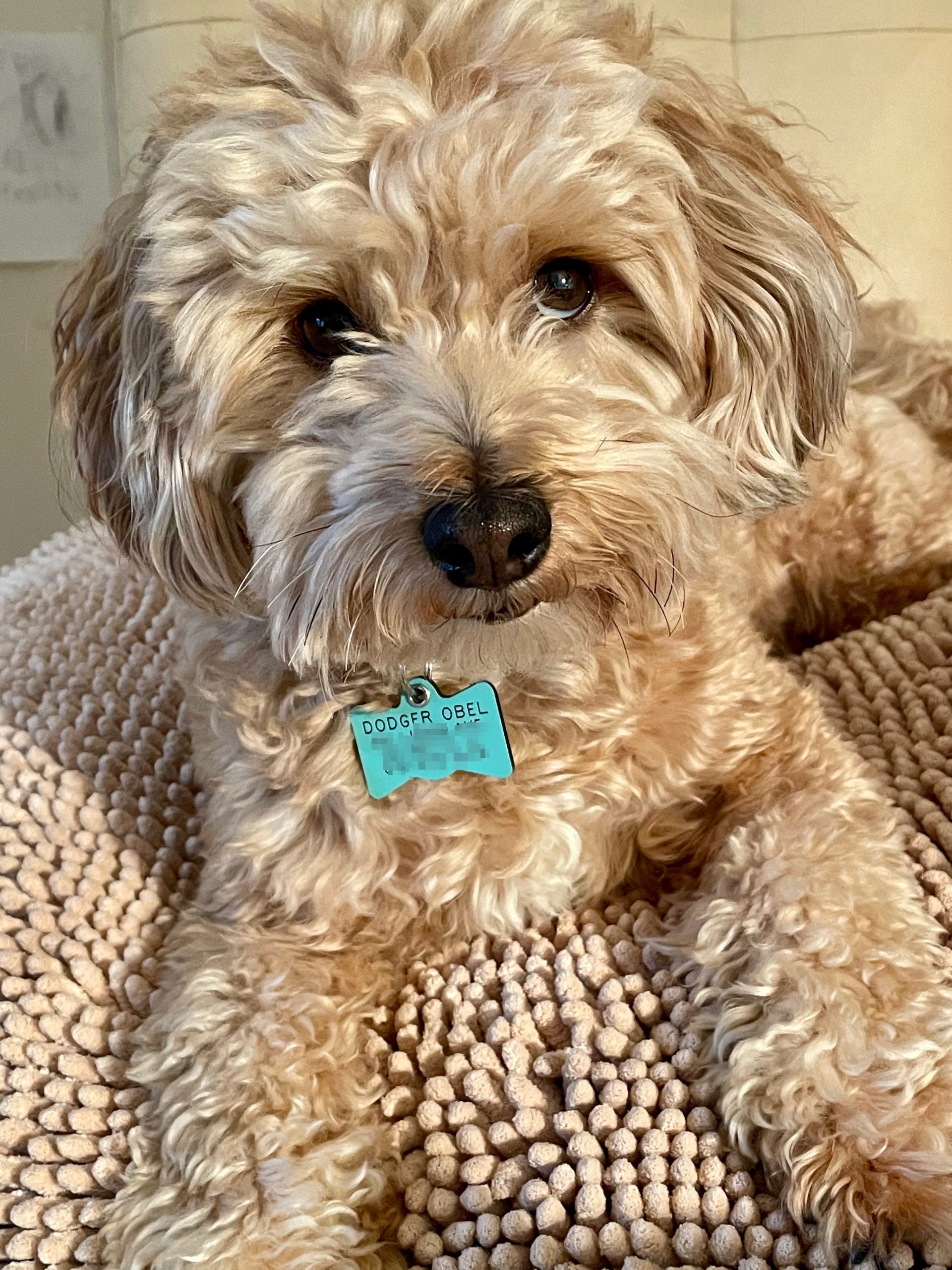
Joyce Chen | Attorney
Having served as in-house counsel at then-startup Ryan Specialty Group, a niche brokerage and underwriting firm, Joyce came to goodcounsel experienced in providing young businesses with responsive and effective advice in a range of practice areas. She also worked with the in-house legal team at Siemens Healthcare Diagnostics, on secondment for Baker & McKenzie (where she was a corporate associate for three years). Joyce thrives on developing relationships with clients and learning about their businesses, a must-have at goodcounsel which serves as de facto general counsel for many startups.
Joyce now resides on the Upper West Side of Manhattan, after spending 14 years in Chicago. She received undergraduate and law degrees from the University of Chicago and was the pianist in the university orchestra. She is learning to become a New Yorker; however, she remains a Chicagoan at heart.
Big Picture
- Baker & McKenzie, Ryan Specialty Group, Siemens Healthcare Diagnostics
- University of Chicago Law School, University of Chicago
- Piano and tennis
Key Metrics
- Legal superpower: Shoots down problems before they arise, slays vampires so executives can sleep at night
- Lifetime hours spent practicing piano: Approximately 6,000
- Favorite composer: Brahms
A conversation with Joyce
Tell us what you do at goodcounsel.
Most of the time I am giving legal advice to clients as issues come up, working on formation documents, and drafting and negotiating commercial contracts that keep businesses running. One perk of working at goodcounsel is that no one is forced into a niche, and given my background working in-house for different kinds of companies I get to be a polymath here.
goodcounsel is unlike any law firm I’ve heard of or worked at before, thanks to Ken. Ken is entrepreneurial in a way that most lawyers are not, pushing the envelope in technology and leadership. For example, effective contract automation is just now something Silicon Valley companies are offering but Ken was way ahead. He’s also created a firm culture that strives for excellence but remains kind and understanding. For example, we are expected to be open about our weaknesses, which allows everyone to become better because you’re not trying to cover up what you don’t know (which is what people at most law firms, and probably most other workplaces, spend a lot of time doing).
You’ve worked at a corporate law firm, and then in-house for startups. What made you decide to join a law firm for startups?
I realized that I enjoy being more of a generalist. In a big firm, associates specialize early on and because the hourly rates are so expensive the firm is usually only brought in for discrete complicated matters. So, unless you’re the partner with the client relationship, you often don’t see what led up to the legal action and what happens as a result. Working at goodcounsel is similar to being in-house. We have a lot of communication with our clients, and over time we build a relationship and a thorough understanding of the business. We see how our work impacts the business and vice versa. Some people say the disadvantage of being in-house might be the mundane tasks, but goodcounsel gets the best of both worlds because startups can’t afford to over-document so we work on the crucial things they need to get their businesses going.
So what makes Joyce, Joyce?
I don’t know, what’s special about me? I’ve never been a tugboat captain.
Not everyone can be a captain of a tugboat.
Well, I play chamber music with friends. I played piano in the university orchestra, and that’s how I met my husband (he’s a drummer/percussionist). But is that interesting?
That’s the most romantic thing I’ve ever heard! Why chamber music?
It’s social, a lot more fun than playing by yourself and more personal than playing in an orchestra where there’s little interaction between you and other players. In an orchestra everyone is trying to play the piece the way the composer intended and the conductor interprets it. Chamber music is like a conversation with, ideally, your friends.
Is playing piano like practicing law?
Most people think of piano as a solo instrument. But an orchestra pianist is very much a supporting role. It never bothered me that the audience could rarely pick out the piano sound, unless it was laid bare by the composer deliberately, because I knew that I was doing my part to create a certain sound. I’m not one to seek the spotlight, and I think my mindset goes a long way in practicing law, because transactional lawyers are there to support, and mitigate risk for, their clients. It is inspiring for me to enable entrepreneurs to create products, services and jobs, and help build the engine of a healthy economy.
You’ve gone from playing in a large orchestra to a small ensemble, and from large law firm to boutique environment – are you finding smaller environments more rewarding on some level?
I haven’t thought of it that way before but yes, I am not one for small talk. I try to seek out more meaningful relationships and experiences. As a recent transplant, I am trying to build that smaller community in New York City. I haven’t found chamber music friends yet – any musicians out there reading this?
Interview by Patty Chang Anker.
KennethObelPrincipal Attorney |
ElmerThoresonAttorney |
NatalieNunnallyParalegal |
JeremyGershfeldDirector of Culture and Learning |
|
|
DodgerObelTop Dog |





